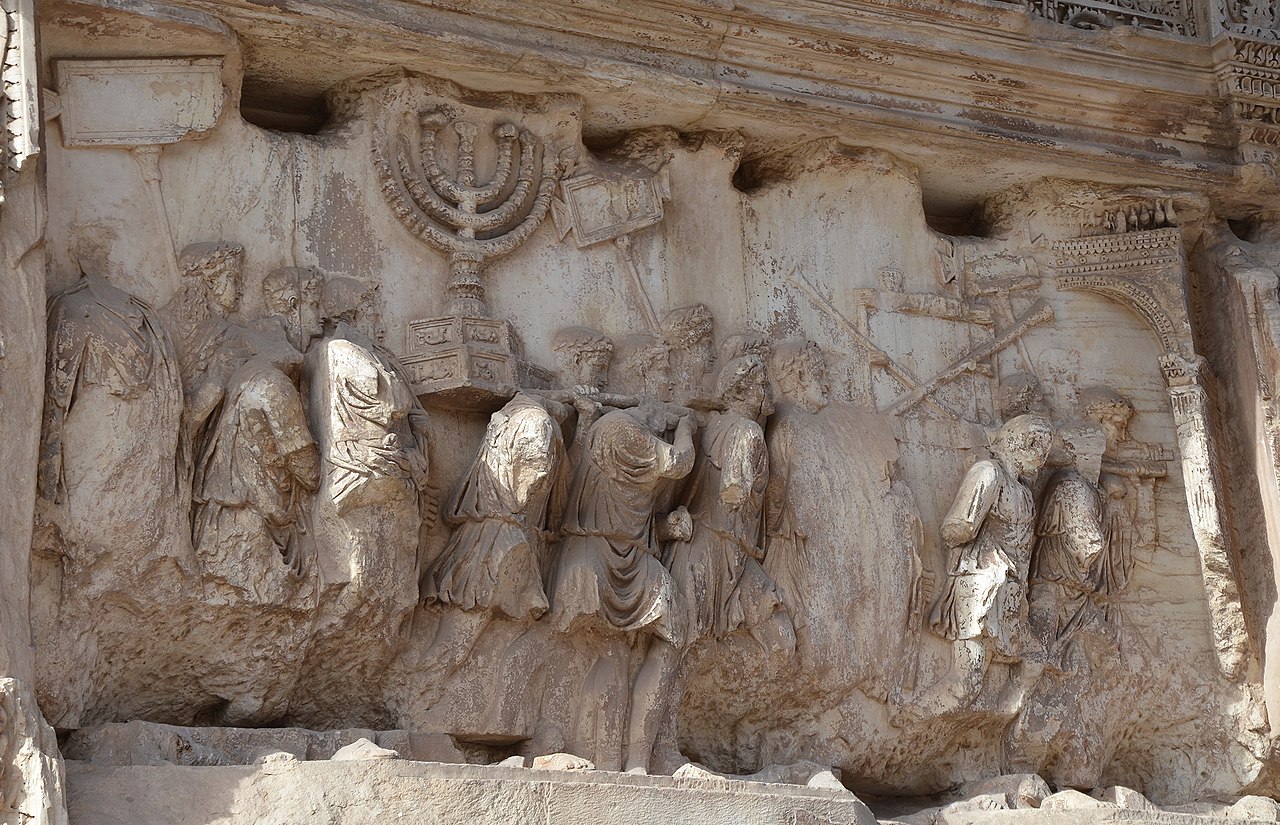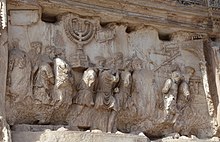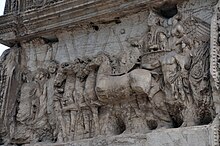Yes, and of course, most people take this as actual, rather than fictitious. Which I do also. But I'd like to look a little further into this, if possible. Because before the conquest of Jerusalem, the Roman Empire stretched from Britain and Gaul, which is now France to Egypt. But the province of Judea had been a source of consternation for Rome.
The
Encyclopedia of Ancient Rome states: “Few territories under Rome’s control were marked by such intense dislike, on both sides, as Judaea. The Jews resented foreign masters who cared nothing for their traditions, and the Romans found Jewish stubbornness cause for severe intolerance.” The Bible also bears this out about the resistance of the Jews to caving in to those who did not care for their traditions. Jesus is recorded to have said before the invasion of the Roman army, "
The days will come upon you when your enemies will build around you a fortification of pointed stakes and will encircle you and besiege you from every side. They will dash you and your children within you to the ground, and they will not leave a stone upon a stone in you.”—
Luke 19:43, 44. (Part of Bible prophecy.)



